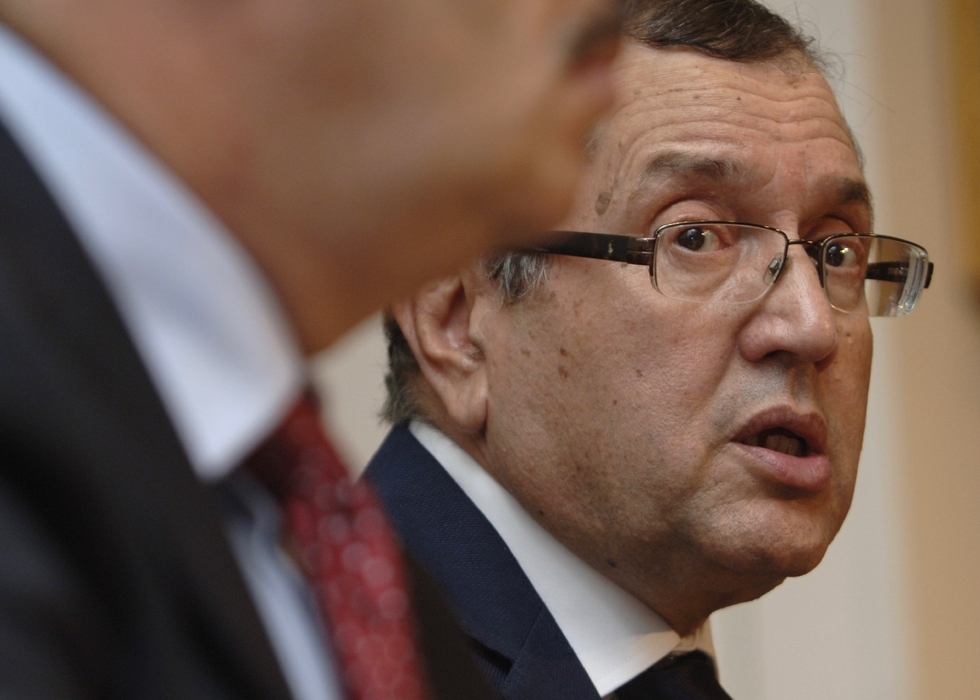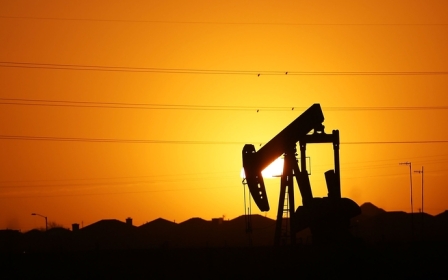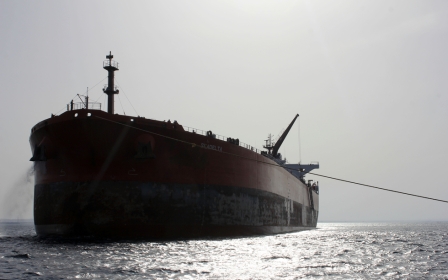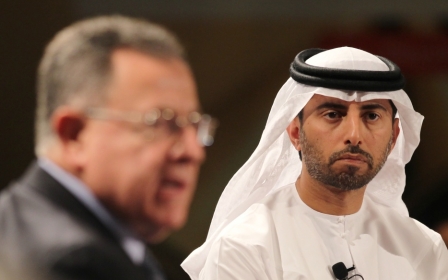Algeria urges OPEC decision to stabilise crude oil prices

The world's top oil producers "must take a decision" to stabilise prices, Algeria's energy minister said on Sunday ahead of an OPEC meeting on Wednesday in Algiers.
Oil prices are already depressed after two years of oversupply amid deep disagreements between members of the Organisation of Petroleum Exporting Countries.
Failing to agree on a production freeze could push prices even lower, Noureddine Boutarfa told reporters in Algiers.
"Every state in the organisation agrees on the need to stabilise prices, it just remains for us to find a format that pleases everyone," he said.
"The best solution would be a [production] freeze," he said.
Oil prices collapsed from peaks of more than $100 a barrel in mid-2014 to near 13-year lows of less than $30 in January.
As a result, OPEC members are losing between $300m and $500m a day, Boutarfa said.
"No [oil] company will be able to withstand it if prices remain under $50 a barrel," he said.
Hopes of a deal to limit production pushed prices above $46 a barrel last week, but they slid to $44.48 on Friday as investors' optimism waned.
Venezuela and Iraq, which have been hard-hit by low prices, support the idea of a production freeze to boost prices.
But an attempt in April to reach a deal, led by OPEC linchpin Saudi Arabia, fell apart when its political rival Iran refused to play ball.
Iran said it needed to bring its production back up to the level it enjoyed prior to Western sanctions over its nuclear programme that have since been lifted.
Algeria's cordial ties with OPEC members across the board mean it is well-placed to push for a deal.
"We are able to bring together states with political differences around a single table," Boutarfa said.
OPEC's 12 member states produce about a third of the world's oil and their production decisions have a global impact on prices.
Boutarfa said Wednesday's summit would be a "first step" towards stability in the market.
"The Algiers meeting will not fail," he said.
"Either we reach an agreement, which would be good, or we reach an understanding on the elements of an agreement, and that would also be good."
New MEE newsletter: Jerusalem Dispatch
Sign up to get the latest insights and analysis on Israel-Palestine, alongside Turkey Unpacked and other MEE newsletters
Middle East Eye delivers independent and unrivalled coverage and analysis of the Middle East, North Africa and beyond. To learn more about republishing this content and the associated fees, please fill out this form. More about MEE can be found here.




